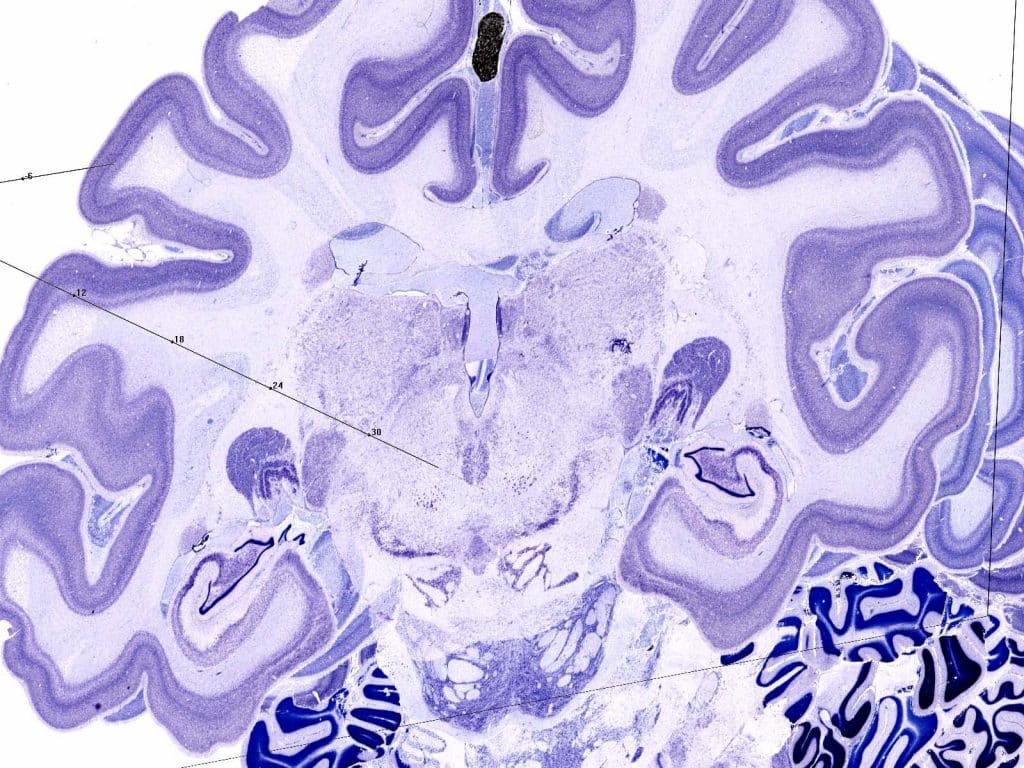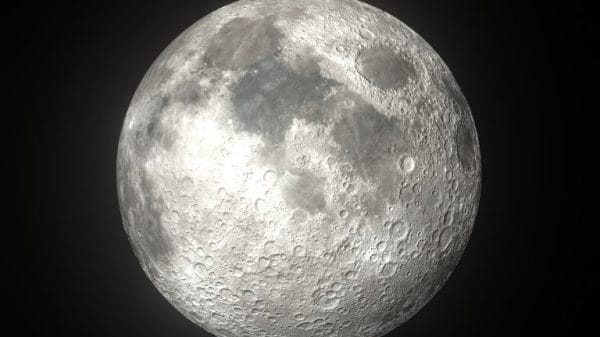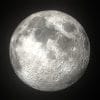The National Institute of Health formed a conglomerate of international scientists to work on creating a highly detailed map of the human brain. They hoped to make greater, faster strides towards understanding various brain functions by banding together and sharing their research. Most significantly, by sharing their research before it’s published, rather than keeping it to themselves, they aimed to achieve breakthroughs in treating brain diseases such as Alzheimer’s and ALS.
Now, the first installment of their attempt at mapping the cells of the brain’s motor cortex has been released to the public! The scientists have revealed what they’ve been working on and the progress is astonishing; they have amassed ample data on the brain’s motor cortex in monkeys, mice, and people. Their collaborative efforts showcase a new age of science and serve as a beacon of hope in creating a better understanding of our most complex organ.
The brain maps reveal the appearance, location, and function of over 100 different types of motor cortex cells. The motor cortex is primarily responsible for producing intricate movements. The scientists working with the National Institute of Health expect this research to aid in the development of accuracy in brain models with the expectation of producing brain models for Alzheimer’s.
“In order to understand how things go wrong, we need to understand what the basic principles are to begin with,” John Ngai, the director of the National Institute of Health explains.
Alzheimer’s disease is characterized by the progression of visible alterations identified in brain images which result in a variety of poorly understood symptoms. Also known as AD, the effects of Alzheimer’s Disease show up on radiological examinations; however, the disease poses complications in understanding its cause because its progression varies depending on the individual.
Fortunately, this “new way of doing science,” as expressed by Ed Lein, senior investigator at the Allen Institute for Brain Science, paves the way towards a better understanding of the brain and how to treat its diseases. Of course, there is a method to the madness of compiling and producing images of the accumulated data between this international consortium of scientists.

First, the data is gathered on the cells in the brains of various animals. Then, samples of the cells are shuttled from brain surgery to the appropriate labs. Finally, the data is produced in to an image of the brain map, so members of the public and other scientists can peruse or use the data.
The NIH’s scientific teamwork is the first step towards answering some of the infinite questions in regard to the human brain and its functions. For example, why haven’t the drugs that cure Alzheimer’s in mice worked on people? The collaboration is also the first step in finding answers, such as the fact that humans have a different version of brain neurons than animals that degenerates in Lou Gehrig’s disease.
As scientific methods evolve with mankind, the goal is the same: to accumulate knowledge that will hopefully afford breakthroughs in treatments of elusive brain disease like Alzheimer’s. “Generating a map for the motor cortex is really the first step towards that goal,” claims Hongkui Zeng, the director of the Allen Institute for Brain Science. Hopefully, through collaboration and determination, we can usher in a new age of science and treatments for brain diseases.














